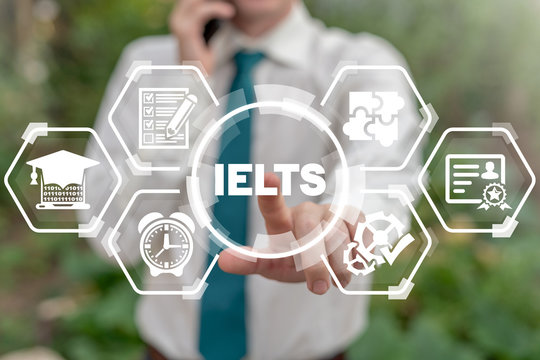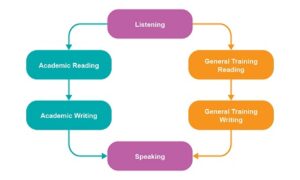IELTS
IELTS (International English Language Testing System) is a widely recognized English language proficiency test that assesses the ability of non-native English speakers to use the English language in academic and professional settings. It measures a candidate’s ability to understand and use English in four areas: reading, writing, speaking and listening. IELTS is recognized by over 10,000 organizations, including universities, colleges, employers, and immigration authorities in many English-speaking countries. The test is designed to provide a fair and accurate assessment of English language ability, and it is widely used for study, work, and migration purposes. However, an individual can take an IELTS language course in Qatar for better results
Practices to help in IELTS preparation test
Study English language skills: Improving your English language skills is crucial for success in the IELTS test. This includes enhancing your vocabulary, grammar, and pronunciation. You can do this by reading English books, watching English TV shows, and speaking with native English speakers.
Familiarize yourself with the test format: Understanding the format of the IELTS test will help you to know what to expect and how to prepare. The test consists of four sections: Reading, Writing, Listening and Speaking. Each section tests different skills and has a different format. Familiarize yourself with the types of questions that are asked in each section and the time limit for each section.
Use official IELTS materials: Official IELTS materials such as past papers, sample questions, and audio recordings are available on the IELTS website. Practicing with these materials will give you a good idea of what the test will be like and help you to identify areas where you need to improve.
Time management: Effective time management is important in the IELTS test as you will need to complete each section within a specified time limit. Practice taking mock tests to get a feel for how much time you need to allocate to each section and how to manage your time effectively during the test.
Focus on test-taking strategies: There are different strategies you can use to answer different types of questions in the IELTS test. For example, for multiple-choice questions, you can eliminate incorrect answers to increase your chances of getting the correct answer. For essay writing, you can use a clear and organized structure to present your ideas.
Take mock tests: Taking mock tests is an effective way to get a feel for the test environment and to identify areas where you need to improve. Try to take mock tests under test conditions, including the time limit and the types of questions that will be asked.
Seek feedback: Seek feedback from a teacher or tutor to identify areas where you need to improve and to get guidance on how to improve. Feedback can also help you to develop a personalized study plan that addresses your specific needs and weaknesses.
You may also like: 8 Proven Ways To Learn A New Language Quickly











































